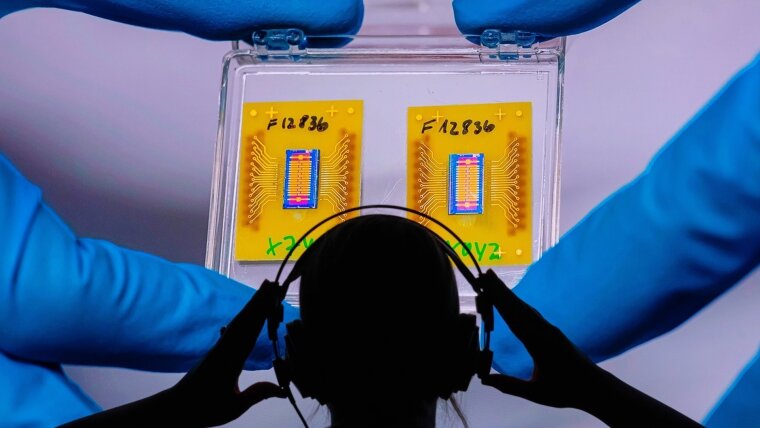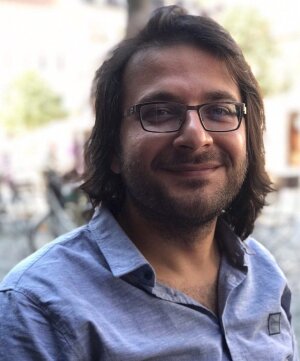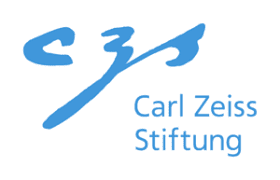
- Light
Published: | By: Gleb Chupakhin
Source article
Dr. Sina Saravi.
Image: Private archive.Dr. Sina Saravi’s research group Metasurfaces for Diffractive Deep Neural Networks (MetaNN) has recently won 1,500,000 € in funding from the Carl-Zeiss-Stiftung (CZS) as part of the CZS Nexus program. Dr. Saravi has been a postdoctoral researcher specializing in nanooptics at the University of Jena since 2018, where he also earned his Ph.D. in physics after studying electrical engineering in Iran. In 2023, he was awarded the status of an ACP principal scientist.
Metasurfaces for Diffractive Deep Neural Networks (MetaNN)
Dr. Saravi’s research group MetaNN aims to investigate the fundamental and technological aspects of the use of nanostructured metasurfaces as a platform for optical diffractive neural networks to allow for their implementation. Neural networks of this type constitute an optical computer with sequential layers of linear and non-linear metasurfaces with specific parameters. This optical system will have an architecture similar to a deep neural network, but the design parameters will be obtained through machine learning on an everyday computer.
In the long term, these purely optical neural networks could be used as substitutes for certain computer-aided implementations of artificial neural networks to both increase processing power as well as to decrease electricity consumption; both improvements are important prerequisites for the continuing development of artificial intelligence systems.
Carl-Zeiss-Stiftung Logo
Picture: Carl-Zeiss-Stiftung.Nexus program of the Carl-Zeiss-Stiftung
The purpose of the CZS Nexus program is to support young scientists on their path to an academic career. To this end, the program offers postdoctoral researchers the opportunity to establish their own interdisciplinary research group. The funding amounts to up to 1.5 million euros per junior research group over a period of five to six years.
The research group must be established at a state university or non-university research institution in the states of Baden-Württemberg, Rhineland-Palatinate or Thuringia, and the research project must be located at the interface of two or more disciplines in the fields of natural science, computer science, engineering or mathematics.
Eligible for funding are:
- the position of group leader (postdoctoral researcher)
- personnel costs of scientific and technical members of the research group (e.g. postdocs, doctoral students, and assistants)
- investment funds for large-scale equipment and research infrastructures
- material resources
- science communication, networking, transfer, and outreach activities
- relocation costs of the applicant
Selection Procedure
The selection of funding recipients takes place on a competitive basis and is overseen by external experts.
For more information, please see:
Contact information:
Albert-Einstein-Straße 6
07745 Jena Google Maps site planExternal link

